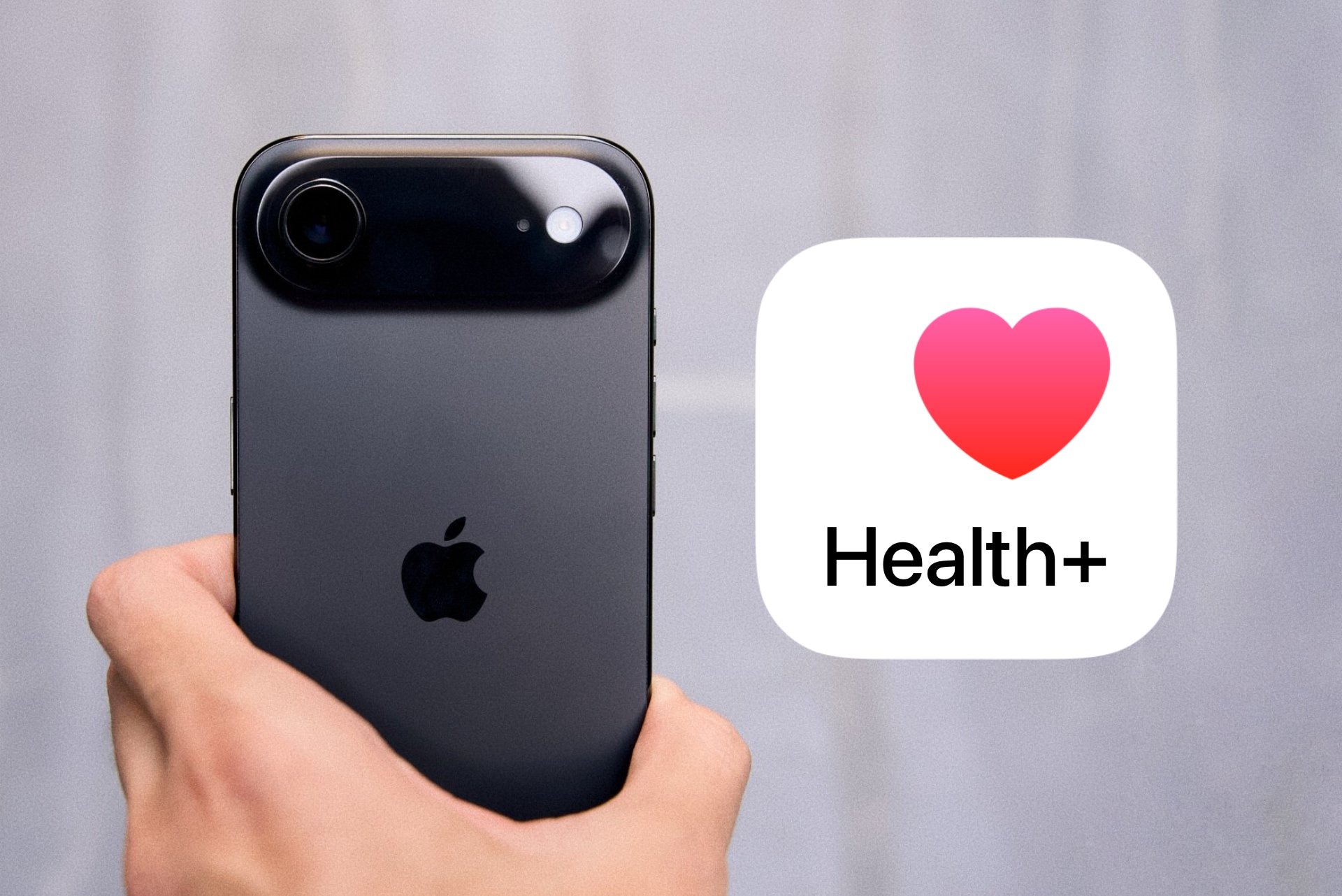back to school is a synonym respiratory viruses. In the northern hemisphere, it coincides with the arrival of cold weather, so the viruses that cause colds, flu, COVID-19 and bronchiolitis become another subject of study. schools and kindergartens. Usually these are diseases that occur in children without any particular complications. But there is one that worries pediatricians, especially when it occurs in newborns or very young children: bronchiolitis.
It should be noted that this is not a disease caused by a single virus, as Covid-19 might be. Rather, it is a collection of symptoms caused by several viruses that are usually found only in children. up to 2 years. Therefore it is known as bronchiolitis. swelling and mucus accumulation in the smallest airways of the lungs called bronchioles.
Since the age group is indicated very vulnerable Serious complications may occur. Therefore, it is extremely important to prevent this. There is no vaccine as such, but there are certain treatment options. prevention and above all, hygiene measures it may make a difference.
Bronchiolitis viruses
Many viruses can cause bronchiolitis, from fluwhich usually causes influenza, up to adenovirus, responsible for many colds. But above all, the virus that most often causes this disease in young children is respiratory syncytial virus (RSV).
This does not mean that it is a virus that does not affect children over 2 years of age and adults. Any It is possible to become infected with this virus, but only very young children develop bronchiolitis.
In fact, children, especially infants, are usually infected by adults. Therefore, the first measure to prevent this disease is to avoid approaching an infant or small child with the slightest symptom of a cold. We can transmit these diseases like simple coldbut for them, sometimes, it is much more serious.
It is also advisable that no one, except the child’s immediate environment, I kissed him. They are very cute, with those rosy cheeks, but it will be better to show them our affection in another way until their respiratory systems are more mature and their immune systems are prepared to decisively fight off respiratory viruses.
Hygiene is important
It’s not just kissing that we should avoid. It is also important, for example, hand hygiene. During the COVID-19 pandemic, we have seen how important this simple action is in preventing respiratory viral infections. Therefore, if we are going to be in contact with an infant or very young child, whether we are going to touch them directly or handle their food or toys, it is very important to wash our hands. Even if we don’t feel sick. This is an important preventative measure for bronchiolitis.
No smoking
Some studies have linked tobacco use among people living with children to their increased likelihood of developing bronchiolitis.
Therefore, if we have a child at home, under no circumstances should we smoke. Maybe it’s time quit smoking once and forever.
Drugs for the prevention of bronchiolitis
There is no vaccine that can prevent bronchiolitis itself. Among other reasons, because It is not caused by a single virus.
Yes, there are vaccines against viruses such as flu, which may be effective, but not for all ages. In Spain, for example, it can only be prescribed to children older than 6 months, since up to this point the immune system is still weak. too immature to tolerate.
The same thing happens with respiratory syncytial virus. For decades, attempts have been made to develop an effective vaccine for children. However, both for immune reasons and the anatomy of their lungs, it is difficult to find one that will truly suit them. There are vaccines against this virus such as Arksevs, but they are shown only to adults. For this reason, some health authorities such as Center for Disease Control and Prevention (CDC) in the United States they decided to prescribe it to pregnant women. In this way, children will be protected from birth.
Antibody-based prevention
Another option besides vaccines is prevention based on monoclonal antibodies.
These are identical antibodies that are formed from one B lymphocyte. That is, from an immune cell from bone marrow stem cells. They can be generated naturally in our bodies, but in pharmacology, monoclonal antibodies synthesized in the laboratory are used to target specific proteins.
In the case of RSV, antibodies are used that target virus-specific protein, preventing it from entering the lungs and causing infection. Therefore, it is not the same as a vaccine. Vaccines stimulate the patient’s immune system to produce its own antibodies. However, in the case of monoclonal antibodies, the antibodies are provided directly.
Spain has launched a campaign to give children a monoclonal antibody drug known as nirsevimab. According to the Spanish Society of Neonatology, its use is recommended for all healthy babies who have less bronchiolitis at the beginning of the season. 6 months. This age applies to 12 months for premature babies born less than 35 weeks pregnant.
In addition, it is recommended for children under 2 years old who have other risk factors.
Its introduction will not be mandatory, but it will be informed and recommended to all parents of children of this age. And of course it will be covered by social security.
It is important to note that this will help prevent bronchiolitis to some extent, but safety precautions must still be followed. Moreover, there are many other viruses that can cause the disease. With babies, more than ever, it will be a lot Prevention is better than cure.
Source: Hiper Textual












